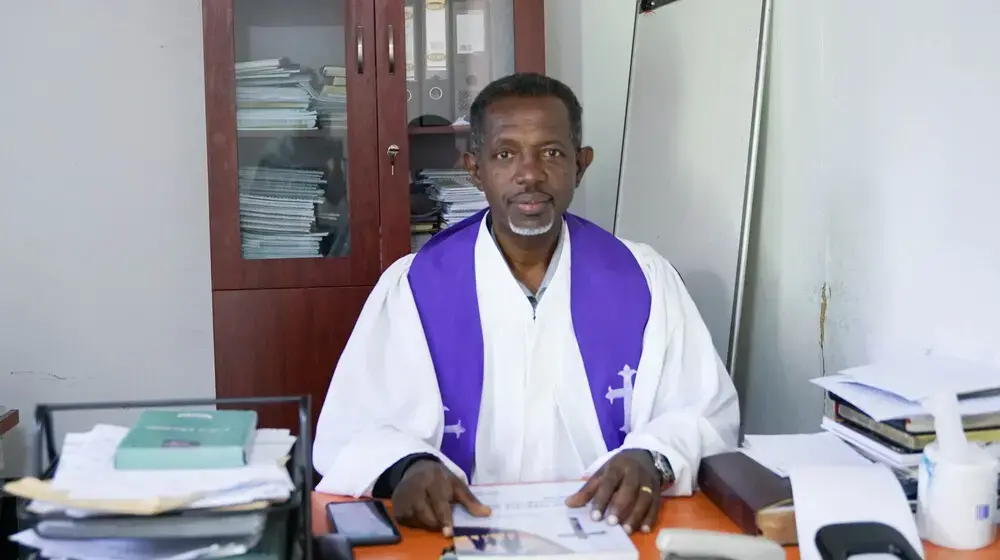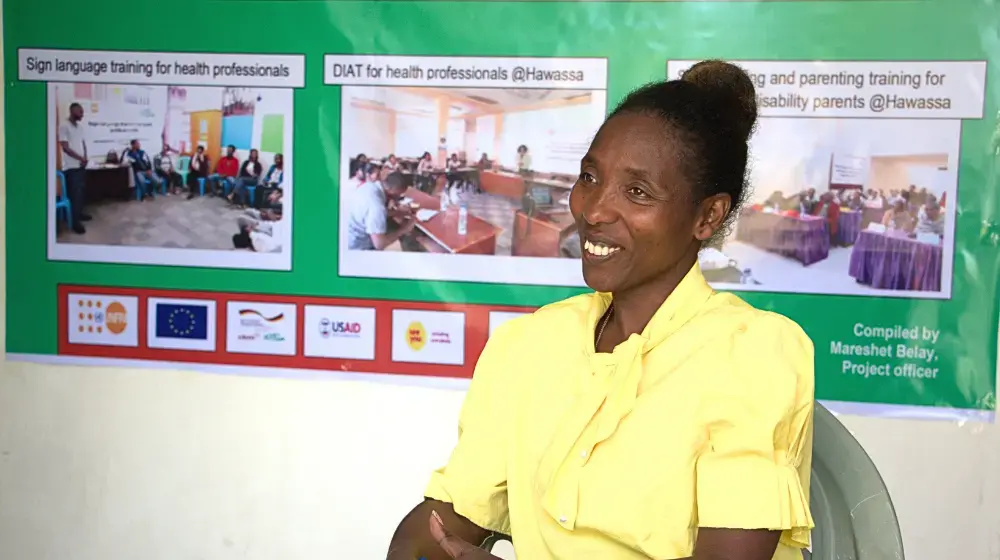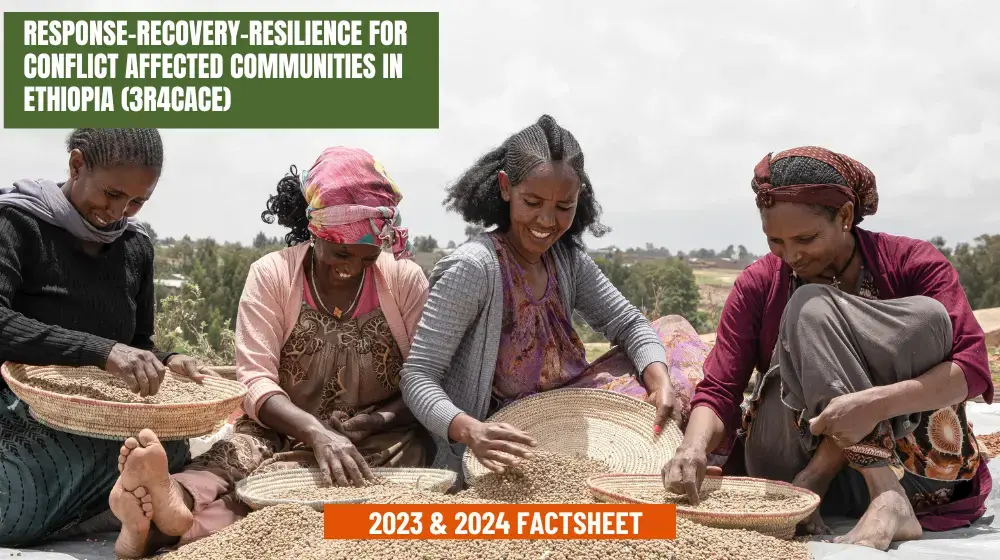A commemoration of a 16 Days of Activism against Gender-Based Violence event was held today at a UNFPA supported safe house run by the Association of Women Sanctuary and Development (AWSAD). The event attended by staff of UNFPA and survivors of Gender-Based Violence residing in the safe house was held under the theme “Let us End Sexual and Gender Based Violence Standing in Solidarity with Survivors.”
Speaking at the event, Evelyne Dabire, First Secretary (Development) and Team Leader of Gender Equality and Governance at the Embassy of Canada, highlighted the importance of commemorating the event at the safe house on Human Rights Day. She noted that Canada is a very strong advocate of human rights and underscored the importance of engagement of men in promoting the rights of women and protecting them from gender-based violence.
On her part Sarah Masale, Deputy Representative of UNFPA, appreciated the support being provided by the safe house to help survivors overcome their experiences. She assured the survivors that UNFPA will be a committed partner in the effort at fighting and eliminating gender-based violence.
UNFPA is supporting the safe house as part of its five-year Programme on Preventing and Responding to Sexual & Gender Based Violence, including HTPs, which is funded by Government of Canada. The programme will be implemented in selected districts in all Regional States in Ethiopia.
The safe house provides a comprehensive service of psychological support, shelter, meal, medication counselling, and basic literacy education to survivors of violence. The survivors are referred to the safe house by law enforcement bodies and Women and Children Affairs Offices. During their stay in the safe house the survivors are given various skills and vocational training as well as counselling to enable them cope better when they leave.
The four safe houses operated by AWSAD in different parts of the country support hundreds of women and girls each year. AWSAD also provides capacity building trainings to government institutions like police and Women and Children Affairs Offices to provide quality services for women and girls.
The representatives of the Embassy of Canada and UNFPA staff were given a tour of the facilities of the safe house and also interacted with survivors sheltered there.





